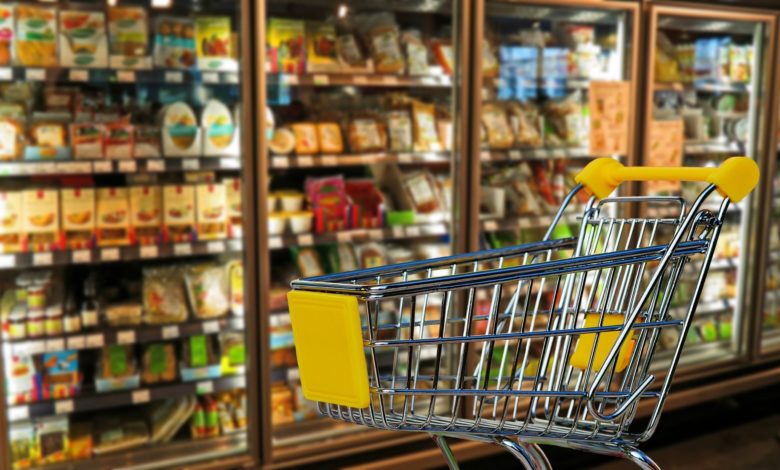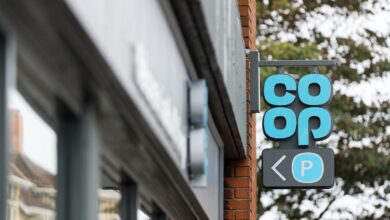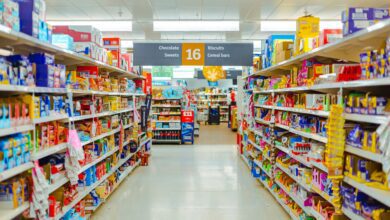Grocery price inflation hits record 14.7%
Just over a quarter of all households (27%) now say they’re struggling financially, which is double the proportion Kantar recorded last November. Nine in 10 of this group say higher food and drink prices are a major concern, second only to energy bills

Register to get 1 free article
Reveal the article below by registering for our email newsletter.
Want unlimited access? View Plans
Already have an account? Sign in
Four-week grocery price inflation has hit another record high figure at 14.7%, according to Kantar, marking another “record” high and adding a potential extra £682 to annual grocery bills.
The news comes as take-home grocery sales increased by 5.2% in the 12 weeks to 30 October 2022, marking the fastest rate of market growth since April 2021. Overall, own label sales increased by 10.3% over the past four weeks, with the cheapest value own label ranges growing by 42%, and the branded goods market grew slower at 0.4%.
Kantar added that over a quarter of all households (27%) now say they’re struggling financially, which is double the proportion it recorded last November. Nine in 10 of this group said higher food and drink prices are a major concern, second only to energy bills.
Meanwhile, 700,000 fewer shoppers bought their Christmas pudding compared to last year. Kantar revealed that fewer people are stocking the cupboards for Christmas in October, instead preferring to wait until later in the year.
This time last year, two million consumers had already bought their festive Christmas pudding, but Kantar has seen 32% fewer shoppers doing that this time around, which it said suggests people are not trying to spread the cost of their purchasing, at least not in October.
Fraser McKevitt, head of retail and consumer insight at Kantar, said: “Yet again, we have a new record high figure for grocery price inflation and it’s too early right now to call the top.
“Food and drink spending is generally non-discretionary so it’s not easy for shoppers to cut back the amount they buy. Many are looking to reduce costs in other ways and the big shift to own labels is still accelerating. While some of the rise will be down to price inflation, we can clearly see the trend in sales of the very cheapest value own label ranges.”
He added: “With economic forecasters warning of a potential recession, it’s worth reflecting on how much the grocery landscape has changed since the 2008 financial crash. We’ve seen a rise in the market share of the discounters Aldi and Lidl, which together now stands at 16.4%, versus 4.4% 14 years ago.”
Aldi was the fastest growing retailer in the latest period, increasing its sales by 22.7% year on year to now hold a 9.2% market share. Lidl boosted sales by 21.5% to take its market share to a new record high of 7.2%, and Tesco, the largest retailer, had a 27% share and saw sales grow by 3.1%.







